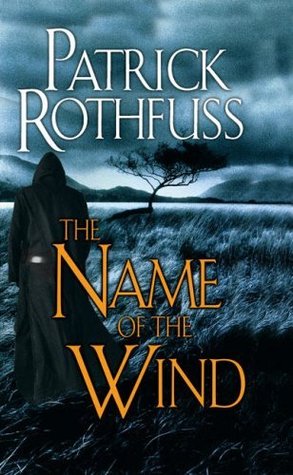I’ll keep it fairly pithy, and try not to repeat myself – the latter, coincidentally, would have been good advice for Paul Quarrington when he wrote King Leary.
It’s fairly obvious early on while reading Leary just why that Canada Reads logo is emblazoned on the top right corner of the cover. I’m generally a fan of the CBC, but it’s no stretch to say it’s in the propaganda business. As we all know, the core mandate of the Ceeb is to flog material with characters, settings, and themes representative of “Canadian identity.” Small wonder then that a book about a Canada Dry-swilling ex-NHL star won this year’s competition.
Admittedly, this may have leant prejudice to my reading.
First, the broad strokes:
I could appreciate Quarrington’s sense of humour. The first half of the book provided many a chuckle. The fact that much of the book takes place in Ottawa
Yet by the back half, the novel gets so bogged down in repetition it’s hard to take seriously. Frankly, by the end I was about five “St. Louis Whirlygigs” away from bagging it.
Still, there’s a lot to admire about Quarrington’s writing. His style and tone reminded me a lot of Thomas King’s Green Grass Running Water. I say that mainly because of the appearances of Clay and Manny towards the end of the novel, much the same way King splices supernatural characters from the past with the here-and-now. There’s also a fairly subtle and well-handled commentary on the plight of Aboriginal Canadians in the early part of the 20th century. I thought it fairly significant that Clay and Blue’s drunkenness is more socially accepted than Manny’s.
What really impressed me was Quarrington’s pacing. He weaves the contemporary narrative with the past seamlessly, juxtaposing the King of the ‘20s and ‘30s with the King of the late ‘80s. Quarrington also has splendid eyes and ears for archetypes. Clay is the pompous ass; Blue the hard-drinking sports reporter; Claire the amoral ad man; Duane the burnished superstar (and yes, by those references about him setting up behind the net, I think it’s fair to say he’s a surrogate for Gretzky). These kinds of characters can get tired, but Quarrington manages to carry them through 232 pages successfully.
The big exception for me was the monks. Their presence suggests there’s a higher power at play in explaining Leary and Manny’s gifts. This is where Quarrington’s quirkiness rubs raw. That said, I’ve yet to see spirituality and sport melded convincingly (and yes, Field of Dreams is no exception).
You guys have already touched on the King Lear references, and I think you’re right. Leary clearly misjudges Clarence – which isn’t to say he’s that fond of the “gormless” Clifford. I guess where Leary differs from Lear is his willingness at the end of his life to help Iain, whereas Lear is ready to pack it in – and does. I wonder too if Quarrington named his protagonist the way he did because he’s “leery” of the past, at least as it relates to his family. As he tells a repentant Clifford at the post-game drink-a-thon, “talk about hockey or shut up.”
For all his repetition of Whirlygigs and other such nonsense, Quarrington does take the narrative unexpectedly towards the macabre near the end. It’s fairly refreshing, but I’m not sure if it’s thematic impact justifies the break with the evenness of the narrative up to that point.
Quarrington deserves credit for exceeding my expectations of banal Canadiana. However, the narrative stumbles too often to qualify as classic CanLit.
Final Rating (Out of a possible 4 D-Dubyas): 2 ½ D-Dubyas





2 comments:
Good pickup on the racism perspective. The grandfather character is mysterious and frightening, it seems, to Leary and the issues surrounding Manny's alcoholism aren't really dealt with. Definitely more to that story.
Great read Dubya. I agree on all counts. At first I thought the book was very uncritical of Canadiana and the myths and could have taken that next step out of the patriotism to throw into question some of the core beliefs. But I think you're right that like Thomson Highway or King he does it in a very subtle way, through humour, almost using our myths against us, using what is most familiar to us and making it unfamiliar. The Aboriginal representation in the book, through Manny, was powerful stuff that's going to stick with me for awhile.
Post a Comment